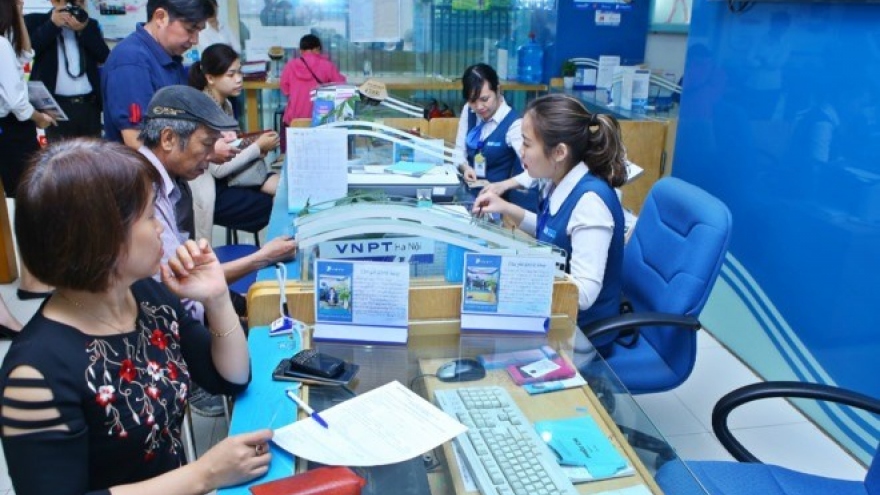Vietnam takes first steps towards establishing super committee
Though advocating the establishment of a super committee to manage state capital in enterprises, economists remain divided on how exactly it should be done.
The government on February 3 released Resolution No 09, officially marking the establishment of a super committee in charge of managing state capital in enterprises.
The super committee is an organ of the government, acting as the representative of the state as the owner of 100% state invested enterprises and as capital contributor in joint stock and limited companies.
 |
According to Pham Chi Lan, a renowned economist, the biggest problem for the super committee is that it will manage huge capital and control a high number of enterprises which operate in many business fields.
The list of enterprises to be put under control of the super committee includes economic groups, general corporations and the State Capital Investment Corporation (SCIC) as well.
Only the military conglomerate Viettel will be excluded from the list. As such, the total amount of state capital the super committee will take responsibility for will be extremely huge.
Among the business fields that the super committee plans to put under its control, there are fields which still need the state’s long-term control and fields where the competition is cutthroat.
State owned enterprises have been operating ineffectively for a long time. So, it will be a difficult task for the super committee to run the enterprises in an optimal way.
Lan pointed out there could be protest from people who lose their benefits because of the super committee, or those who don’t like instructions from the super committee. If so, how will the super committee be able to control enterprises?
Phan Minh Ngoc, a renowned analyst, in his article on Thoi Bao Kinh Te Sai Gon, raised a question about the operation model for the super committee.
There are two models for Vietnam’s reference, either one like Temasek in Singapore, or SASAC in China (State-owned Assets Supervision and Administration Commission of the State Council).
Ngoc believes that the former is not suited to Vietnam, while the latter has many problems.
Concern has also been raised about the overlapping duties of the super committee and SCIC, though SCIC’s general director Nguyen Duc Chi affirmed the problems would not exist.
The enterprises to be put under the super committee’s management may include the big corporations such as Petrolimex, the biggest petroleum distributor; Vinachem, the largest chemicals manufacturer; Electricity of Vietnam (EVN); the national oil & gas group PetroVietnam; the Vietnam Rubber Group; the largest coal miner Vinacomin; and MobiFone, the most powerful mobile network operator.

